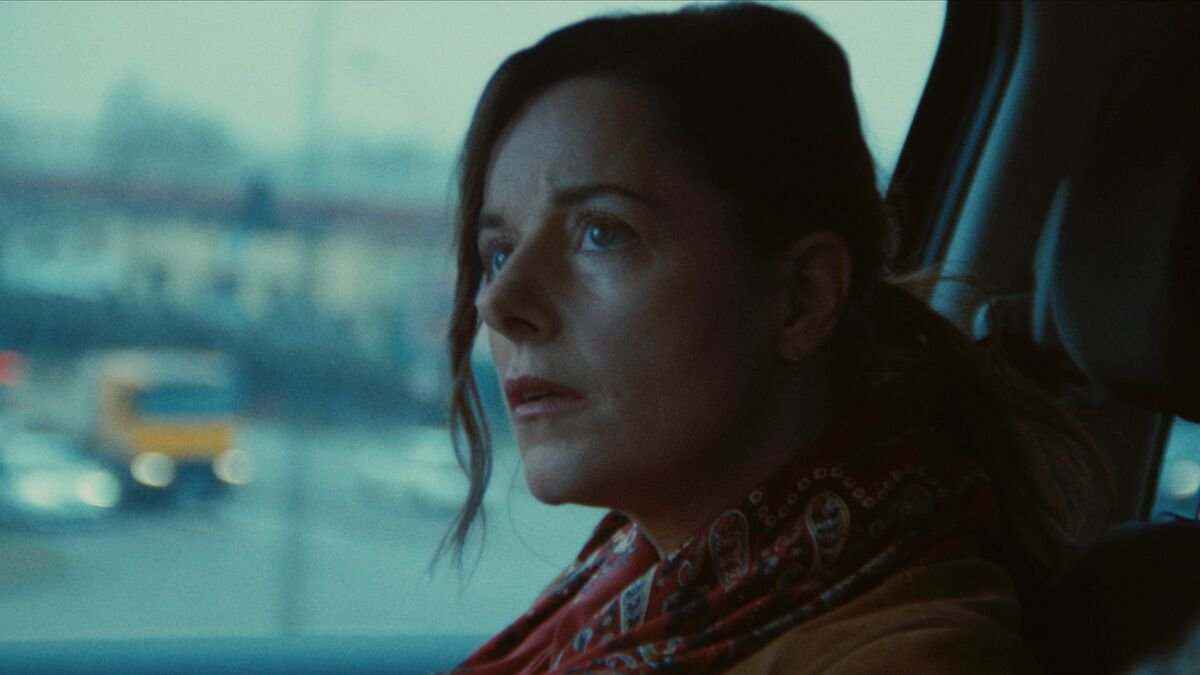Full Time
This intense, stressful tale of a single parent trying to catch a break is well told cinema.
Julie (Laure Calamy) is a hotel maid at a prestigious institution, struggling to get to work every day as a single mother in a rural location, amidst a general train and bus strike. Her tardiness throws her position into jeopardy, at a time when she needs a little less oversight to allow her to pursue interviews with a firm more in line with her previous experience, doctorate in economics, and career aspirations. As the firm deliberates, and her position at the hotel gets more precarious, Julie finds her life on the brink of collapse; no job, no way to get one, injured kids, an absent father who won’t pay alimony, and a nanny who wants to stop working with her. It’s a potent blend of circumstance that threatens to derail this mother on the brink.
Full Time, directed by Eric Gravel, is the sort of film whose slow building, never let up sense of tension has the propensity to age you 40 years in the space of its 1 hour 28 minute run time. There’s a constant sense of danger here - albeit, danger of a sharp decline into poverty and ruin, rather than any real physical threat. Julie is constantly beaten at by circumstance, and the full experience in the cinema is characterised by beating pulse, and unabated cringe.
There’s certainly something engrossing about the whole thing. Julie’s plight sucks you in perhaps because it feels so perfectly ordinary and low stakes. There’s no world-ending here, no superheroes and CGI; just a woman struggling to make ends meet, and a conflagration of situational antics that is making that struggle all the harder. Julie could be any of us, and that’s what makes Full Time so good.
Similarly, the film should be applauded for its nuance, subtlety and audience trust. Gravel doesn’t beat you over the head with everything in this movie, and that’s refreshing. Instead, we’re treated to a powerhouse performance from Laure Calamy that makes the subtext readable to the average viewer. It’s a better and more immersive film for it.
Ultimately, the thing that drags down the piece is primarily structural. Something as high-strung as this isn’t a bad thing, but the film fails in the early parts to set up an adequate payoff. As an audience, we need to know that at some point, the anxiety will end; that we are building towards something. And while the film certainly is, by not more strongly defining the structure in the first act of the film, we’re left a bit overwhelmed by the onslaught of inconvenience Julie experiences, without any hope of reprieve.


